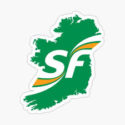Guides
Acts of ParliamentDevolved GovernmentHouse of CommonsHouse of LordsLegislative ProcessWhitehallPolitical PartiesThe Political Process Display All
Reference 
Scottish Independence Polls
The latest Scottish opinion polling data, detailing current levels of support for the 'Yes' and the 'No' side, and how this has changed over the years.Read More
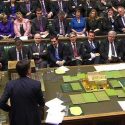
Shadow Cabinet
The Shadow Cabinet is made up of the senior members of the largest party not in government. Labour's Shadow Cabinet has been appointed by the party leader since 2011. Prior to then, it had been elected by the Parliamentary Party. Read the current list here.Read More

Shadow Chancellor
In the last 50 years, only 4 out of the last 18 Shadow Chancellors (and excluding those ex Chancellors continuing immediately after an election) have actually gone on to become Chancellor of the Exchequer.Read More
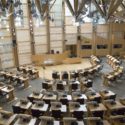
Scottish Parliament – Powers
An overview of the current powers of the Scottish Parliament and Executive, how the Scottish Parliament's powers have increased in recent years, and the policy areas that are currently still reserved for Westminster.Read More
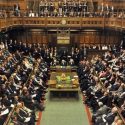
Second Reading
A debate on the Second Reading of a Bill is a debate on its general principles. It is normally held at least two weeks after the introduction of the Bill at First Reading.Read More
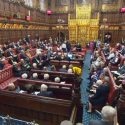
Statements in Parliament
By convention, Parliament expects to be the first to be informed of important issues, including new government policy announcements and updates on developing situations.Read More

Scottish Parliament – Committees
Scottish parliament committees are deliberative, coming up with proposals for new bills, taking evidence on current affairs and reporting on issues affecting Scotland. They resemble those from the European parliament more than those at Westminster.Read More
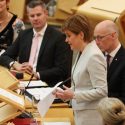
Scottish Parliament – Question Time
The Scottish Executive is held accountable to the Scottish Parliament through Parliamentary Questions. These involve oral question sessions once a week, First Minister's Questions at noon on Thursday, and written answers for those questions not answered orally.Read More
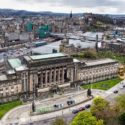
Scottish Government – Composition
The Scottish Government is made up of the First Minister, Cabinet Secretary's, junior Scottish Ministers below Cabinet level. Here are the details of the current Scottish Executive.Read More

Special Advisers
Special advisers are temporary civil servants, employed for the duration of an administration to provide a political dimension to the non-partisan work of the general civil service. The number of Special Advisors who later go on to become Members of Parliament is considerable. Read More
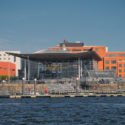
Senedd Cymru – An Overview
Senedd Cymru is the name given to the Welsh Parliament. It changed its name from the National Assembly of Wales in 2020. An overview of its powers, membership, session times, and operations.Read More

Senedd Cymru Committees
There are three types of committees in the Senedd: standing committees, subject committees and regional committees. Senedd Committees normally meet on Tuesdays, Wednesdays and Thursdays when the Senedd is in session.Read More
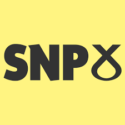
Scottish National Party
The Scottish National Party (SNP), is a pro Scottish independence party that sits on the left of the political spectrum. It is currently by far the largest party in Scotland and has been in government in the Scottish Parliament continuously since 2007.Read More
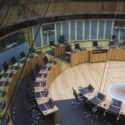
Senedd Cymru – Question Time
Oral questions for answer by Welsh Ministers in the Senedd, are tabled between five and ten working days before the time scheduled for questions to specified ministers.
Written questions are tabled in the same manner as oral questions.Read More
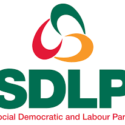
Social Democrat and Labour party (SDLP)
The Social Democratic and Labour Party (SDLP) is a Northern Irish political party that was formed in the early 1970s at the height of the 'Troubles'. The SDLP sits on the left of the political spectrum, and is affiliated to the Labour party.Read More
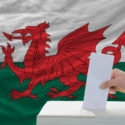
Senedd Cymru – Elections
The Senedd is made up of 60 Assembly Members elected by the Additional Member System. Each voter has two votes - one for a constituency member and one for a member from a regional list.Read More
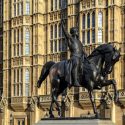
Select Committees in the House of Lords
Lords Select Committees tend to be set up to consider issues that cut across government departments, which means that they rarely overlap with the departmental select committees of the House of Commons.Read More
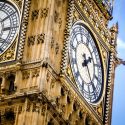
Starred Questions
Starred questions are questions for oral answer by Ministers in the House of Lords. They are called 'Starred Questions' because they appear next to a star on the order paper.Read More

